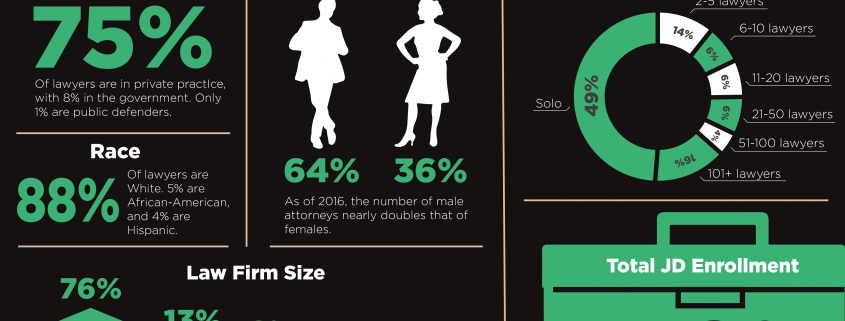The Cost Of Deceit: A Financial Evaluation Of White Collar Criminal Activity'S Results
The Cost Of Deceit: A Financial Evaluation Of White Collar Criminal Activity'S Results
Blog Article
Created By-Stougaard Booker
Envision a beautiful yard, very carefully nurtured over years, loaded with vivid flowers and lavish greenery. Now, picture a swarm of dangerous bugs silently penetrating this place, gnawing away at the roots and petals, leaving a route of devastation.
This metaphor appropriately records the price of clerical criminal activity, a sneaky threat that penetrates our economic climate with devastating consequences. As you enter this conversation, prepare to discover the surprise economic effect of clerical criminal activity and the far-reaching consequences that stick around long after the wrongdoers have disappeared from the scene.
The Financial Toll of White Collar Crime
White collar crime exacts a hefty financial toll on individuals, organizations, and the total economic situation. It isn't simply a victimless criminal activity or a small inconvenience. The effects are far-ranging and devastating.
When people come down with white collar crime, they typically shed their life savings, their homes, and their sense of security.
Companies, on the other hand, suffer enormous monetary losses due to scams, embezzlement, and various other kinds of clerical criminal offense. These criminal offenses result in reduced earnings, damaged online reputations, and also personal bankruptcy in some cases.
Furthermore, the economic situation overall experiences as white collar criminal activity undermines count on the financial system, minimizes consumer confidence, and interferes with financial development.
The monetary toll of white collar criminal activity can not be ignored, and it's essential that we take solid actions to avoid and fight this type of criminal activity.
The Erosion of Rely On Institutions
The disintegration of trust in establishments is a consequence of clerical criminal offense that has far-ranging ramifications for people and society. When clerical criminal activities are dedicated by people in positions of power and authority, it undermines the trust fund that people have in those establishments.
This disintegration of depend on can have numerous negative results:
- ** Loss of confidence in the justice system **: When people see those in powerful positions getting away with clerical criminal activities, it can bring about a loss of confidence in the justice system. https://assault-attorneys-near-me00009.mybuzzblog.com/7793561/specialist-guidance-for-finding-the-right-criminal-legal-representative may feel that there's a lack of accountability for those that dedicate such crimes, which can deteriorate rely on the lawful system.
- ** Lowered self-confidence in financial institutions **: Clerical crimes often include financial fraud and adjustment. When individuals or establishments are condemned of such criminal offenses, it can lead to a decrease in confidence in financial institutions. This can have a negative influence on the economic situation as people might be hesitant to spend or trust these institutions with their cash.
- ** Compromising of social textile **: Rely on establishments is an essential pillar of a functioning culture. When that trust fund is eroded, it can lead to a weakening of the social textile. People might become a lot more negative and skeptical of institutions, which can result in a breakdown in social communication and teamwork.
Long-Term Economic Outcome
Loss of rely on organizations due to white collar crime can have long-term financial effects.
When people and businesses despair in the honesty of organizations, they may end up being reluctant to invest or take part in economic activities. This lack of count on can cause a decrease in consumer costs, as individuals become a lot more cautious with their cash.
Furthermore, businesses might be reluctant to develop partnerships or participate in agreements, being afraid that they'll be capitalized on by unscrupulous individuals.
The long-lasting financial repercussions of this loss of depend on can consist of slower financial development, minimized job creation, and decreased market competitiveness. It's critical for institutions to resolve clerical crime and recover count on order to secure the lasting economic health of a country or region.
Conclusion
To conclude, the economic impact of clerical criminal activity is staggering, with effects that reach far past simply monetary losses. It wears down the trust fund we put in our organizations, leaving a space that's difficult to fill up.
Like a relentless storm, clerical criminal offense leaves a long-term mark on our economy, leaving us to come to grips with its aftermath for several years to come.
